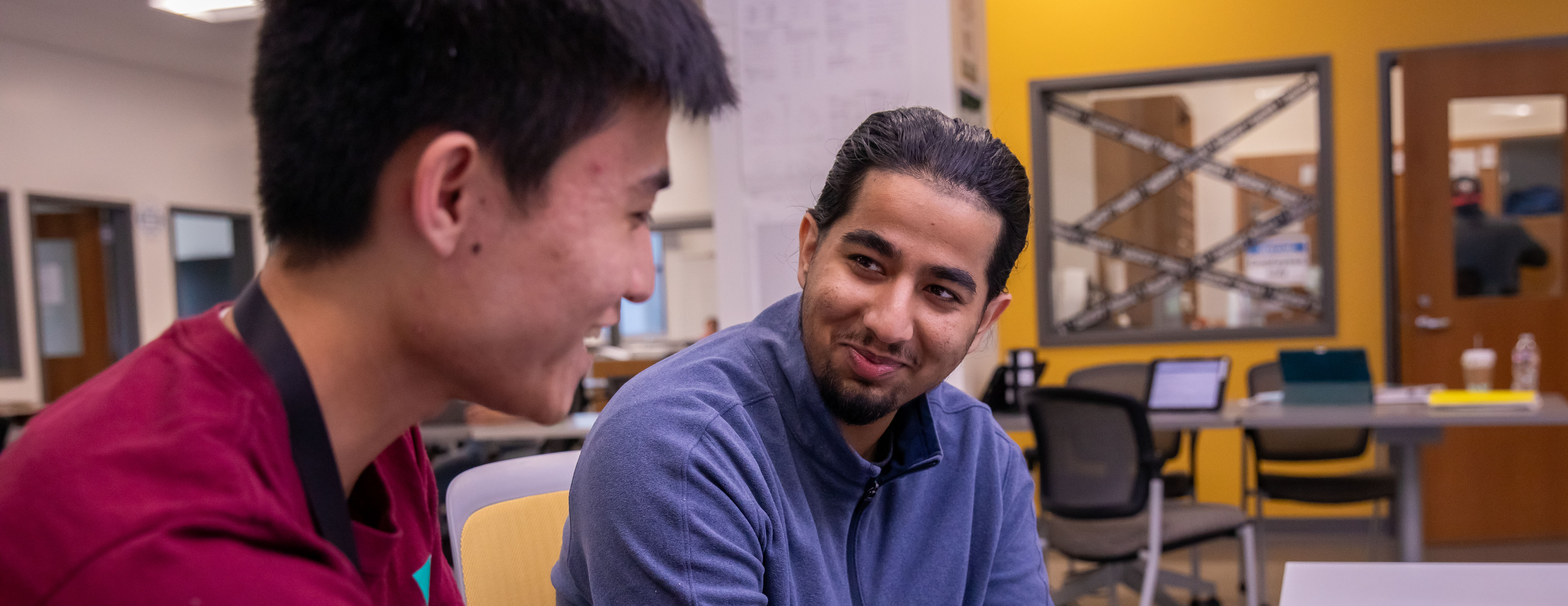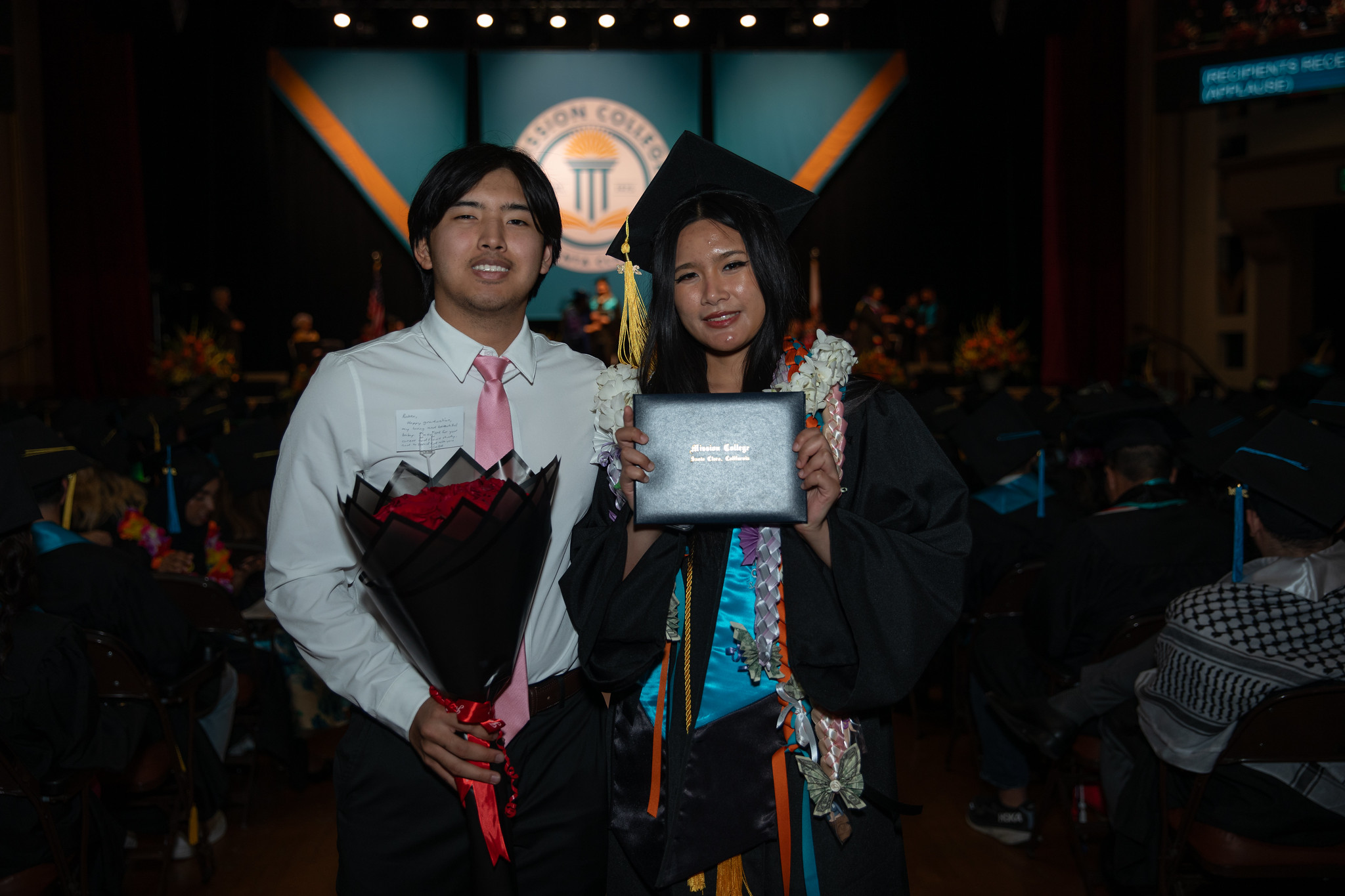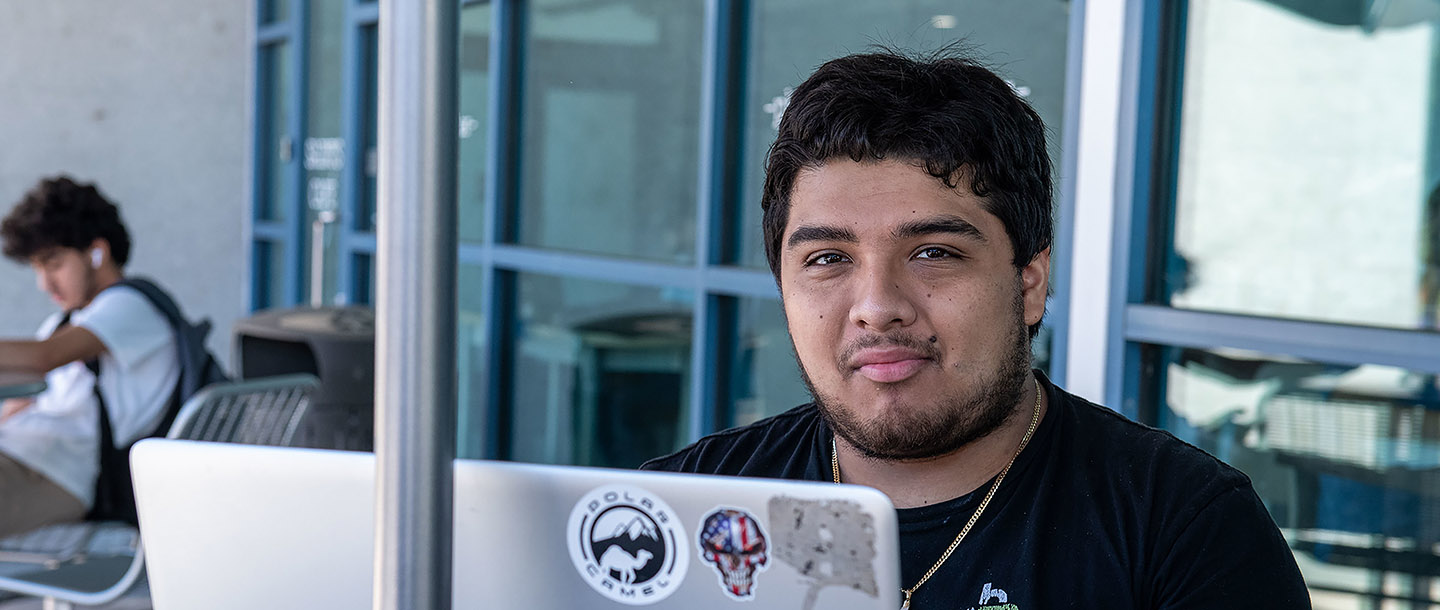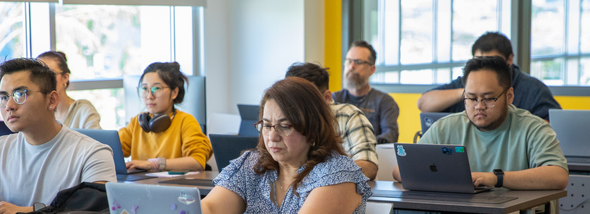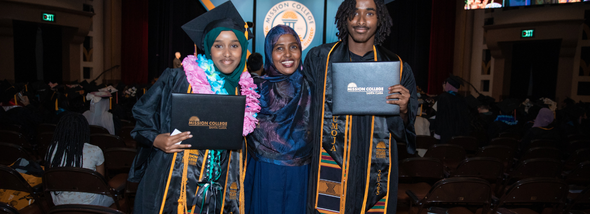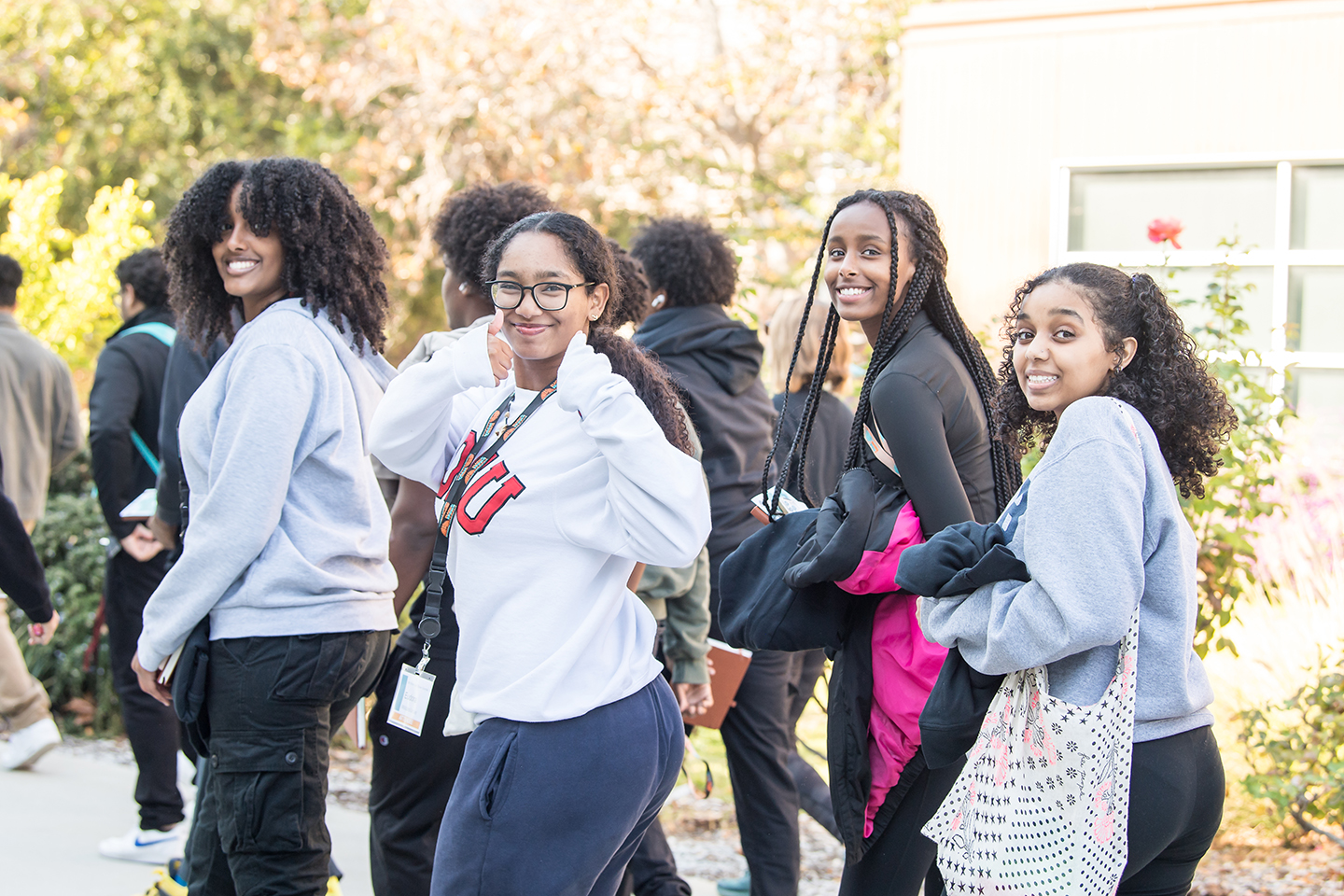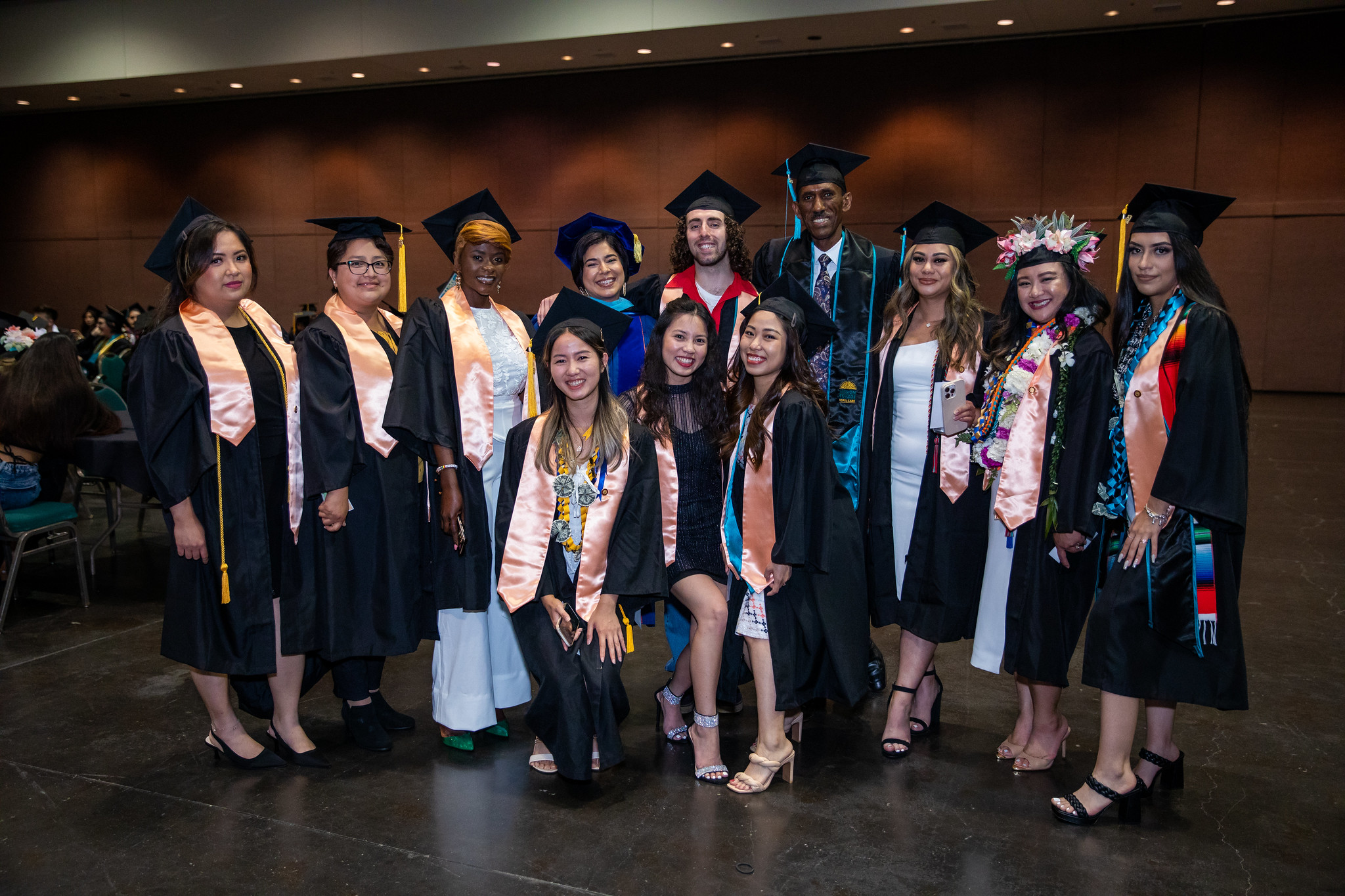What is Math Anxiety?
Do you feel nervous about math? Do you dislike math? Do you have a fear of doing math?
If so, you are not alone. You may have math anxiety. math anxiety, or math phobia,
is not unusual.
Math phobia, also known as arithmophobia, numerophobia, or mathemaphobia, is an anxiety disorder that causes fear of math or numbers. It can make it difficult
to solve math problems or manipulate numbers.
Symptoms of Math Anxiety
- Negative self-talk.
- Lack of motivation to work on math.
- Not studying regularly.
- Putting off math homework until the last minute.
- Panic when doing math homework or tests.
- Difficulty remembering math facts.
- Relying on memorization rather than understanding.
math anxiety is a condition that you have the power to change, if you so desire. math
anxiety is a learned behavior; you can change it!
Access Academic Support at Mission
Reducing Math Anxiety
You will need to work on your math course each day, if only for a half-hour. You must
avoid doing all your math class homework and studying on one or two days per week.
Schedule quality study time throughout the week and stick to your schedule.
1. Study Smart
Read the information on study skills, time management, note-taking, and reading textbooks. The more you try different approaches, the more you will discover what works for
you.
2. Attend math Class
You must attend class to keep up with the fast pace of a college-level math course.
You will also get information regarding tests and instructor expectations. You will
see examples that are not in the textbook. You are responsible for all information
and concepts presented in class, whether you are present or not.
3. Get Organized
You need to keep good class notes. You need to keep a good math notebook with lists of vocabulary, properties, formulas,
theorems and procedures. Must anxiety is caused by disorganization.
4. Continually Test Yourself
Be aware of what you know and of what you don't know. Keep practicing the concepts
and problems presented in the classroom and in the textbook.
5. Replace Negative Self-Talk with Positive
Be mindful of what you are saying to yourself. Develop positive affirmations such
as "I will succeed in this course!" or "I love math!" to counteract any negative feelings
you may have about your abilities or about math itself.
6. Use All Your Resources
Videos, textbooks, friends, study groups, your instructor, the internet....all are
available to help you succeed. It's up to you to take advantage of them.
There are a variety of other proven techniques and activities that will help to conquer
math anxiety. There are a variety of resources that will address these techniques
and activities in more detail than is possible here.
Talk to Your Math Teacher
Talk to your instructor about your feelings toward mathematics. Acknowledging your
feelings is the first step in conquering them. Your instructor and math tutors can help direct you to good resources and practices that can help you reduce or eliminate
the emotional blocks to learning math.

